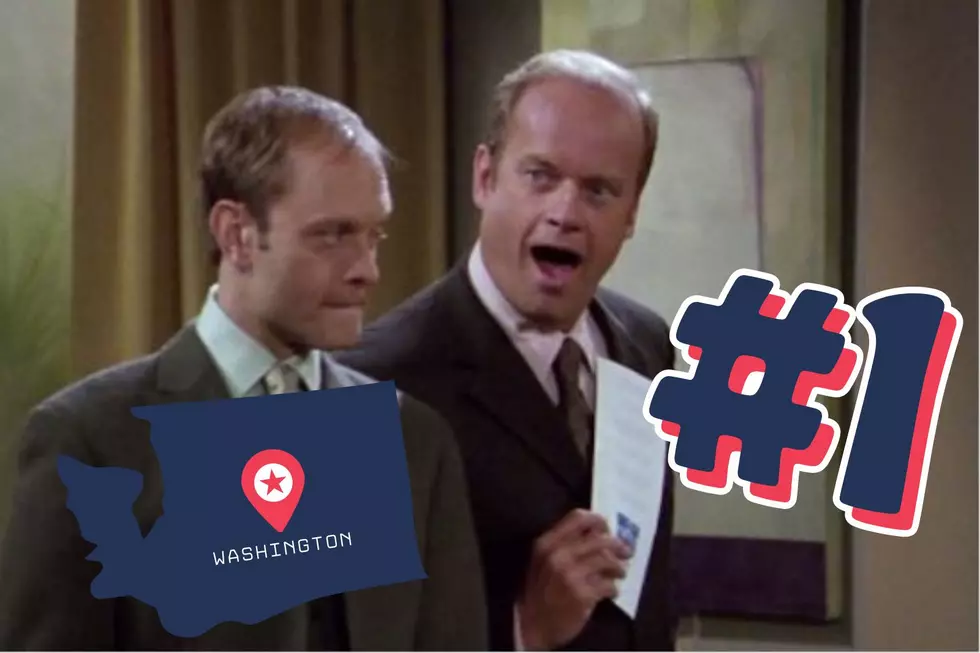
Local Chelan, Douglas Auditors Oppose Ranked Choice Voting Bill
There's a bill in the state legislature that would allow for ranked choice voting in Washington.
Ranked choice voting is a method of casting ballots in which voters may rank multiple candidates in order of preference.
Douglas County Auditor Thad Duvall says the bill in its current form has many problems.
"The bill allows people to choose more than one method of ranked choice voting," said Duvall. "That would be very, very difficult implement, expensive to implement and hard to advertise to the public how it was supposed to work."
The bill is opposed by the Washington State Association of County Auditors.
It’s heavily supported by two advocacy groups - Fair Vote Washington and the Sightline Institute.
It also received strong support in a House committee hearing from the League of Women Voters, The Washington Bus, the City of Olympia and More Equitable Democracy.
Washington Secretary of State Steve Hobbs notably testified against the bill at the hearing.
In one form of ranked choice voting, voters rank candidates in order of preference, and votes are retallied until one candidate reaches a threshold to be declared the winner.
Chelan County Auditor Skip Moore says the process would be confusing to voters.
“So, you’re running an algorithm in the middle of this process to effectively move results back and forth,” said Moore. “It’s hard to explain, and it makes it look as though results are being manipulated. They’re not, but it looks that way.”
Moore also thinks ranked choice voting is not needed in Washington general elections. The top two candidates in the primary, regardless of party, go to the general election in Washington. The goal of ranked choice voting to ensure one candidate reaches more than 50 percent is moot in Washington, according to Moore, as one of the two candidates will always receive more than 50 percent.
The bill offers another form of ranked choice voting for multiple-member offices, or in a primary, where votes are tabulated using the single transferable vote method.
In this method, the winning threshold is calculated based on the number of seats to be filled and the number of votes cast.
Ballots are counted in rounds, and votes are transferred to next-ranked candidates from candidates with the fewest votes, who are eliminated, as well as candidates who have already surpassed the threshold to win.
Municipalities in several states, including California, Colorado, Maine, Maryland, Massachusetts, Minnesota, New Mexico, and New York, have used RCV in municipal elections. Two states, Maine and Alaska, have used RCV in statewide and federal elections.
Locally, both Duvall and Moore think ranked choice voting would be expensive because programming would need to be changed, depending on which form of ranked choice voting was selected.
The bill was heard in the House Committee on State Government & Tribal Relations, where the majority of lawmakers voted in favor of it. The bill was referred to the Rules committee for further consideration.
9 Places to catch the Super Bowl in Wenatchee
Gallery Credit: Aly
More From 610 KONA







